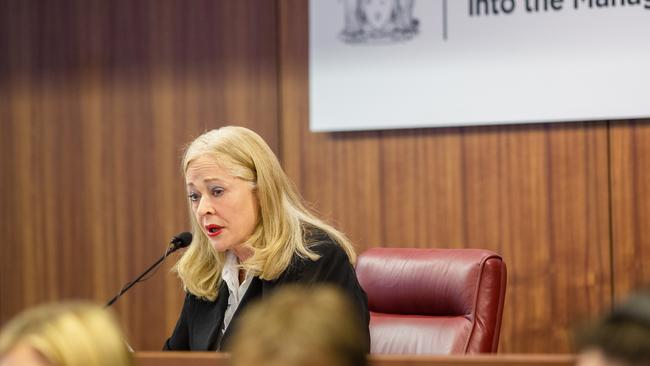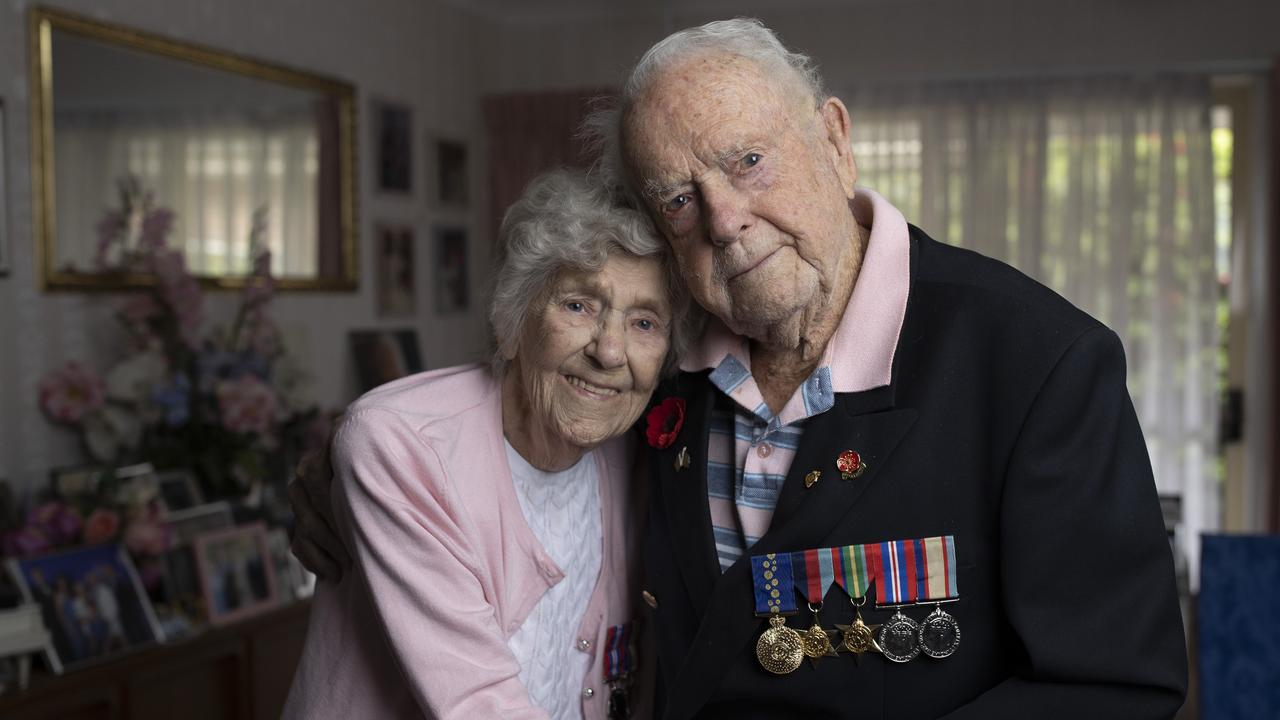No more secrets: cops fail to keep Lawyer X evidence hidden
Victoria Police has failed in an attempt to prevent public scrutiny of evidence from police handlers who dealt with Nicola Gobbo.

Victoria Police has failed in an attempt to prevent public scrutiny of the most critical evidence to come before the Lawyer X royal commission — the testimony of police handlers who dealt directly with Nicola Gobbo at the end of the gangland war.
Commissioner Margaret McMurdo yesterday rejected an application by lawyers for former members of the highly secretive Victoria Police Source Development Unit, backed by Victoria Police command, to block media access to the next stage of hearings. The ruling means that over the next few weeks, direct evidence of what Ms Gobbo told her handlers and how that information was used by police to investigate and convict some of Australia’s most notorious crooks will be published for the first time.
Victoria Police also tried to block lawyers for drug baron Tony Mokbel, ecstasy importers Pat Barbaro and Rob Karam and other criminals from accessing the hearings while the former SDU detectives are in the witness box.
Faruk Orman, a former client of Ms Gobbo wrongly convicted of murder on the testimony of a gangland snitch also represented by Ms Gobbo, attended the hearings after being released from jail last week.
The SDU detectives, some of whom are active members of Victoria Police, cannot be identified for reasons that cannot be disclosed.
Ms Gobbo, a prominent defence barrister, was registered by the SDU as human source 3838. One of her senior police handlers defended how the SDU engaged with the high-risk informant, telling the hearing that the High Court was wrong in its broad condemnation of the Lawyer X affair.
The witness, referred to by the pseudonym Sandy White, told the hearing that an early, ill-informed report into the scandal by Victoria’s former top cop Neil Comrie “infected” judgments later reached by the Supreme Court and High Court.
“I was greatly surprised to hear our behaviour described as atrocious and reprehensible,’’ Mr White said. “I think probably, on the facts that the High Court was given, they were entitled to come to that conclusion, but I think the High Court wasn’t made aware of all the facts and ultimately made a decision based on a lack of information. I absolutely dispute that our behaviour was reprehensible or atrocious.’’
Under questioning from counsel assisting the commission, Chris Winneke, Mr White admitted he hadn’t read the full judgment of the High Court, the Victorian Supreme Court or the 2012 Comrie report, and was relying on a summary of the judgments provided by his lawyer.
The High Court in a 2018 judgment found Victoria Police engaged in “reprehensible” conduct by “knowingly encouraging” Ms Gobbo to provide information against the interests of her clients.
Counsel for the SDU members, Geoff Chettle QC, previously told the royal commission that Mr Comrie compiled his internal report without talking to any of his clients.
They believed they had been “thrown under a bus’’ by the top brass.
The Comrie report was relied on by an Independent Broad-Based Anti-corruption Commission inquiry conducted by retired judge Murray Kellam and three courts that all ruled against a police bid to keep the Lawyer X scandal buried; the Victorian Supreme Court, the Court of Appeal and High Court.
Mr White described the Comrie report as “very inaccurate”.
“I think that report infected the judgment by the Supreme Court which took as gospel Mr Comrie’s comments that we failed to discourage Ms Gobbo from providing information that could be subject to legal professional privilege,” Mr White said. “Comrie is wrong on that point and I think Mr Kellam from IBAC accepted what he said. As a consequence, the High Court found that our behaviour was basically wrong.’’
Mr White told the hearing that the SDU was established by then assistant commissioner Simon Overland in response to issues of police corruption involving informants and a recognition that the previous system, where investigators managed their own informants, was time-consuming and inefficient.
The hearings continue.


